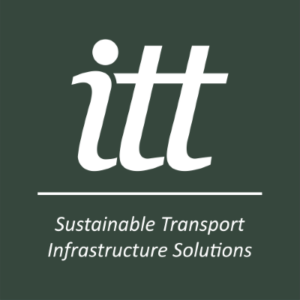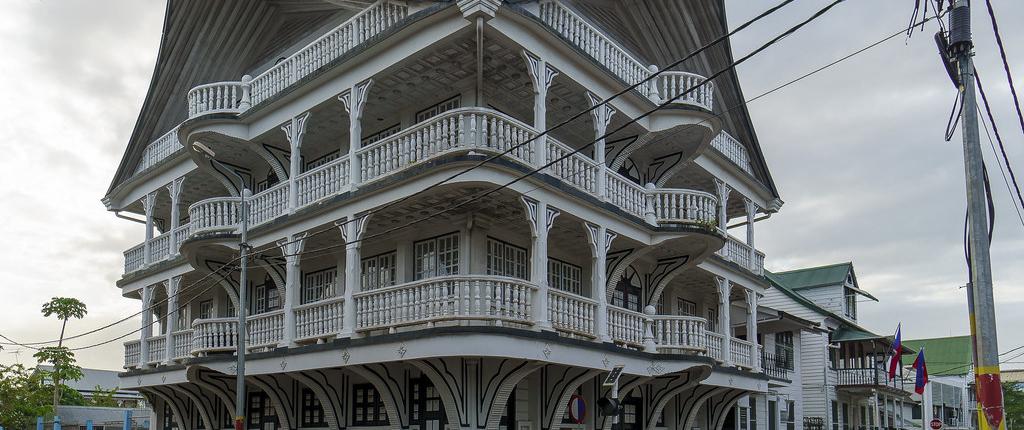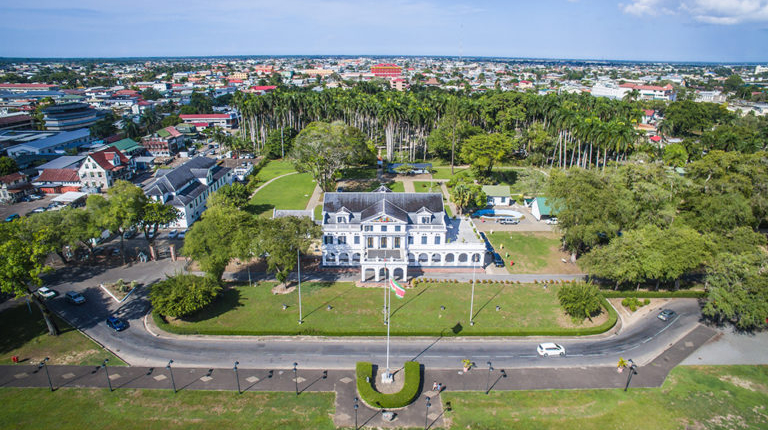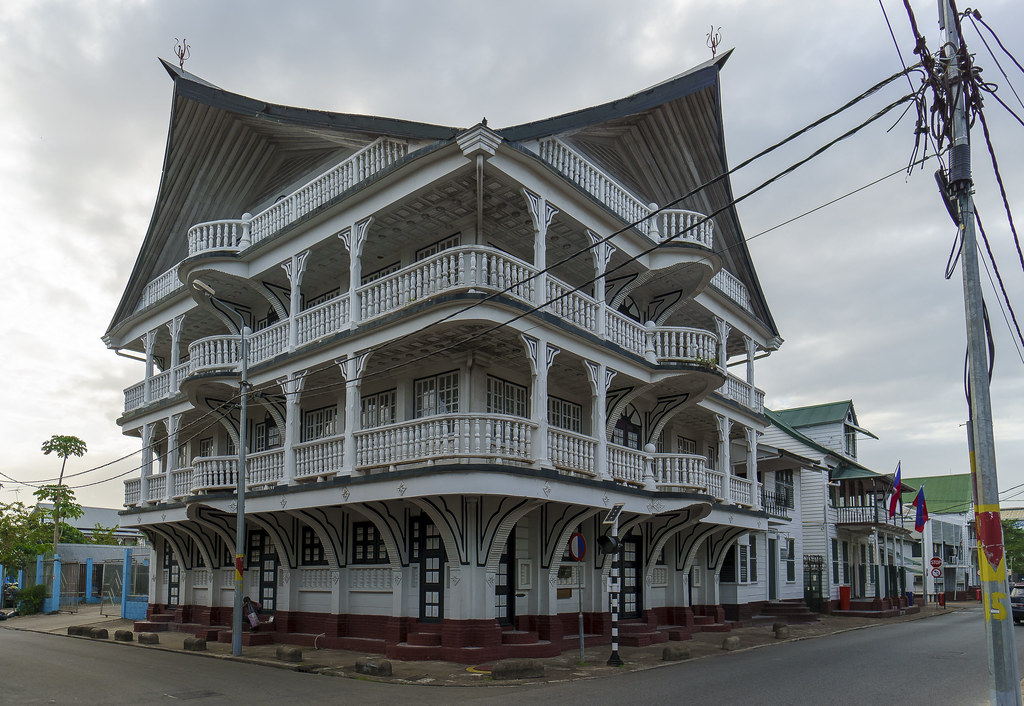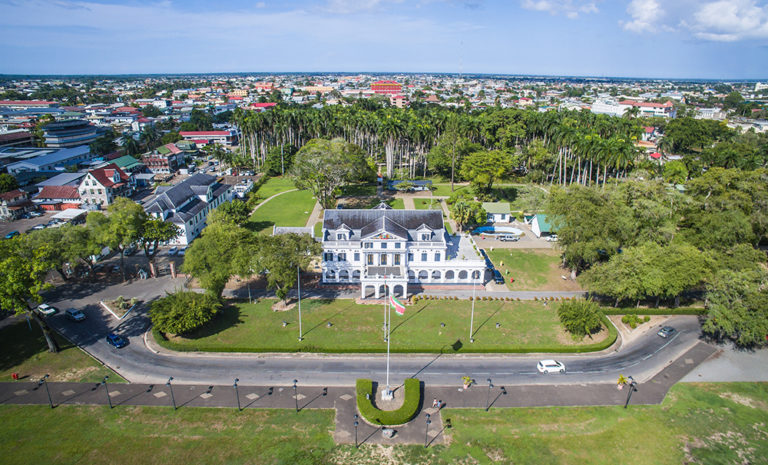Consultancy Services for Formulation of a legal & Institutional Framework for implementation of Parking Policy in Suriname
ITT is contracted by the Suriname Government to formulate a Legal and Institutional Framework for Parking Policy under the Paramaribo Urban Rehabilitation Program, aiming to revitalise the city’s historic centre.
More....
We are excited to announce that ITT has been contracted by the Suriname Government, through the Ministry of Education, Science and Culture, to provide services for the Formulation of a Legal and Institutional Framework for the implementation of the Parking Policy. The assignment is under the Paramaribo Urban Rehabilitation Program (PURP), which is financed by the Inter-American Development Bank (IDB). PURP is an ambitious government programme that seeks to contribute to the socio-economic revitalization of Paramaribo’s historic center, in order to regenerate residential and commercial areas; restore its cultural heritage value; reduce traffic congestion; and strengthen the institutional framework for its sustainable management.
Paramaribo, Suriname’s capital, has 243,556 inhabitants, which represents 45 per cent of the country’s population. The old town’s core is 48 hectares and has a buffer zone of more than 100 hectares. In 2002, the old town was declared a World Heritage Site by the United Nations Educational, Scientific and Cultural Organization (UNESCO). This was due to the presence of historic and cultural heritage buildings and monuments, as well as urban sites, making the capital have a great tourism potential which will eventually contribute to the city’s sustainable and equitable development.
Unfortunately, Paramaribo suffers from urban, physical, social, and economic decay, which undermines its commercial potential and poses a threat to its physical assets and its UNESCO Heritage Site designation status. The Historical Centre has been experiencing a decline in the number of local and international visitors and part of this is attributed to the mobility of residents. The priority given to automobile traffic over the years has generated numerous nuisances (including noise and air pollution) which has adversely affected the attractiveness of the City Centre. The lack of supportive infrastructure for non-motorised transport (e.g. walking and cycling) and a poorly organised public transport system makes alternatives to the use of the private car seem unattractive.
The IDB funded conceptualized the PURP programme which is targeted at reversing the urban, physical, social, and economic decay of Paramaribo. PURP intends to strengthen the commercial potential of Paramaribo through initiatives aimed at (i) attracting new residents and commercial activities; (ii) restoring to value its cultural heritage; (iii) reducing traffic congestion; and (iv) strengthening the institutional framework for managing its sustainable development. The improvement of mobility could play a big role in restoring the link between urban functions and the World Heritage site. Improving the management of parking in the historic city Centre will be critical to encourage more sustainable modes of transport.
ITT will assess the current regulatory and institutional frameworks (Public and Private) and make recommendations for amendments to the existing legislation and identify a new institution or select an existing institution that can be adjusted to function as the National Parking Authority (NPA). The NPA will play a critical role in advancing the aspirations of Paramaribo City and improving mobility to the historical site.
